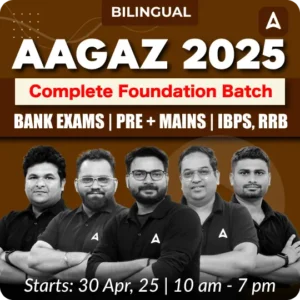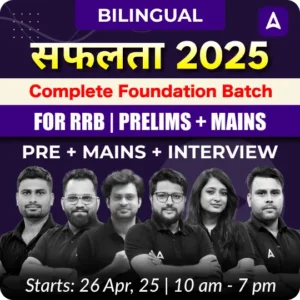Table of Contents
Students who are banking aspirants must be knowing the importance of English Language section. It is very important and can fetch you some very good marks if attempted carefully and with accuracy. Grammar is an important section and forms majority of the questions that are asked in the examination. In this article, we will be covering one of the most important topic of English grammar that is Verb.
| How to Master Reading Comprehension to Score Maximum Marks? | Importance of Spoken English and How to Improve it? | SBI PO Prelims Study Plan 2020 |
What Is Verb?
Verbs have traditionally been defined as “action” words or “doing” words.
Examples:
• Mr. Ram takes the class today morning.
What does Mr. Ram do today morning?
He takes the class.
The action here is “taking” the class hence it is a verb.
| How To Manage Mental Stress During Lockdown? | Share Your Success Story And Inspire Others | Lockdown 2.0 – What are Red, Orange and Green Zones? |
Kinds Of Verbs:
- Finite Verbs
- Non-Finite Verbs
- Transitive Verbs
- Intransitive Verbs
Finite Verb: Finite Verbs are those that have a definite relation with the subject or noun.
Example: She walks home
Here we see that the finite verb is “walks” and the pronoun is “She”
Non-Finite Verb– These verbs cannot be the main verb of a clause or sentence as they do not talk about the action that is being performed by the subject or noun.
For ex– He was made to clean his room
Here “made” is the non-finite verb
Also read,
- How to Increase Calculation Speed to Crack Bank Exams?
- English Grammar Rules that Can Get You Confused
Transitive verbs.
A transitive verb is the verb which requires an object.
Example– I saw a dog
Here dog is the object.
2. Intransitive verb.
An intransitive verb is a verb which does not requires an object.
Example– He told a joke
Here joke is the direct object
Modal verbs
Modal verb is a verb which is used by another verb in order to express an idea such as possibility, responsibility, compulsions etc.
Example- You must come on friday
A modal is always followed by the first form of the verb
Use Of Modals
SHALL:
“shall” is used in the First person, ( I, We)
Examples:
i. I shall not go out without my mother permission.
ii. I shall go to school
iii. We shall celebrate her birthday.
WILL:
“will” is used to denote any event taking place in future, it can express willingness, a promise, a threat, determination etc.
i. she will help you.
ii. He will be there in your wedding.
iii. Ram will not allow him to go.
iv. Sita will not miss this opportunity.
MAY:
“May” is used to show possibility and permission.
i. Ram may come here.
ii. She may go now.
iii. He believed that he might be honest.
CAN:
“Can” refers to ability and permission.
i. Ram can do this work easily.
ii. Sita can go home.
iii. We all can learn this subject.
Also read,
Basic English Grammar Rules of Nouns
MUST:
“Must” refers to compulsion, necessity, determination, duty, certainty of belief, inevitability.
i. You must attend this function.
ii. She must go urgently.
iii. He must have full freedom.
iv. A civil servant must be honest.
v. He must be made to talk like this.
vi. This flat must be demolished in near future.
OUGHT:
“Ought” refers to duty or moral obligation.
i. She ought to be careful.
ii. As the member I ought to have attended that meeting.
This verb “ought” must be followed by “to”.
DARE:
“Dare” refers to challenge or the courage to do a thing.
i. She dare not oppose me.
ii. The Minister dared the opposition to prove the charge.
NEED:
“Need” refers to necessity or obligation.
Example-
i. He need not come here.
ii. It need not be purple in the Shirt.
iii. She need not have educational qualifications.
Click Here to Register for Bank Exams 2020 Preparation Material
Practice With,

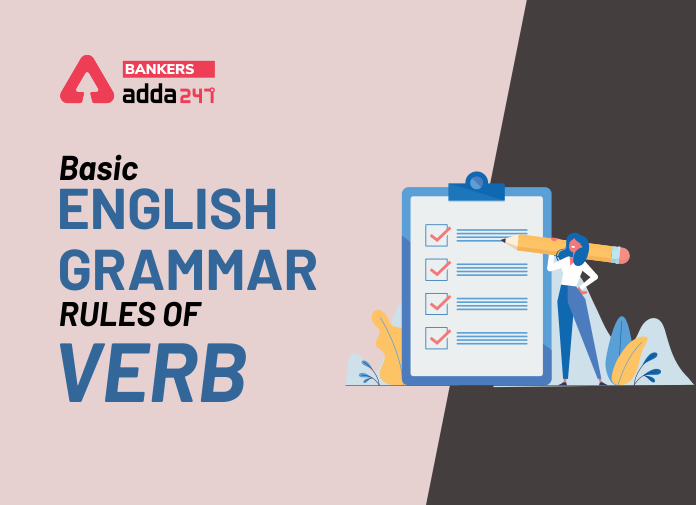

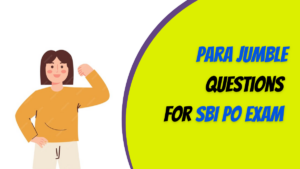 Para Jumble Questions for SBI PO Exam
Para Jumble Questions for SBI PO Exam
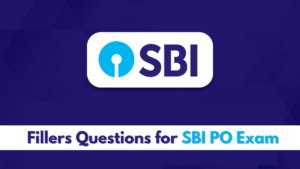 Fillers Questions for SBI PO Mains Exam ...
Fillers Questions for SBI PO Mains Exam ...
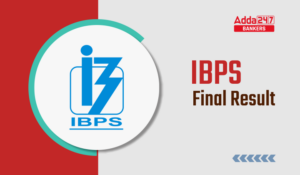 IBPS Final Result 2025 Coming Out Tomorr...
IBPS Final Result 2025 Coming Out Tomorr...

